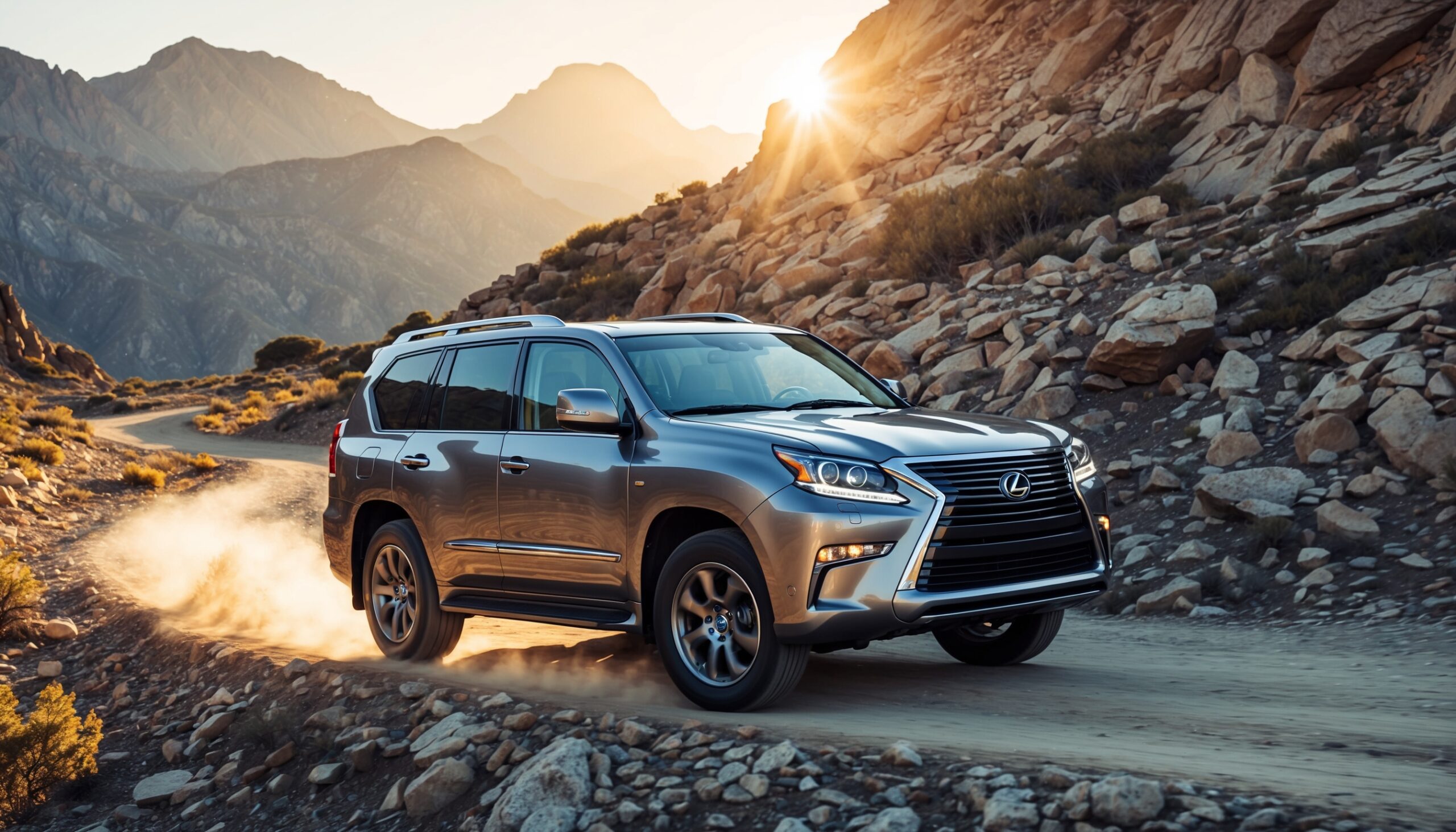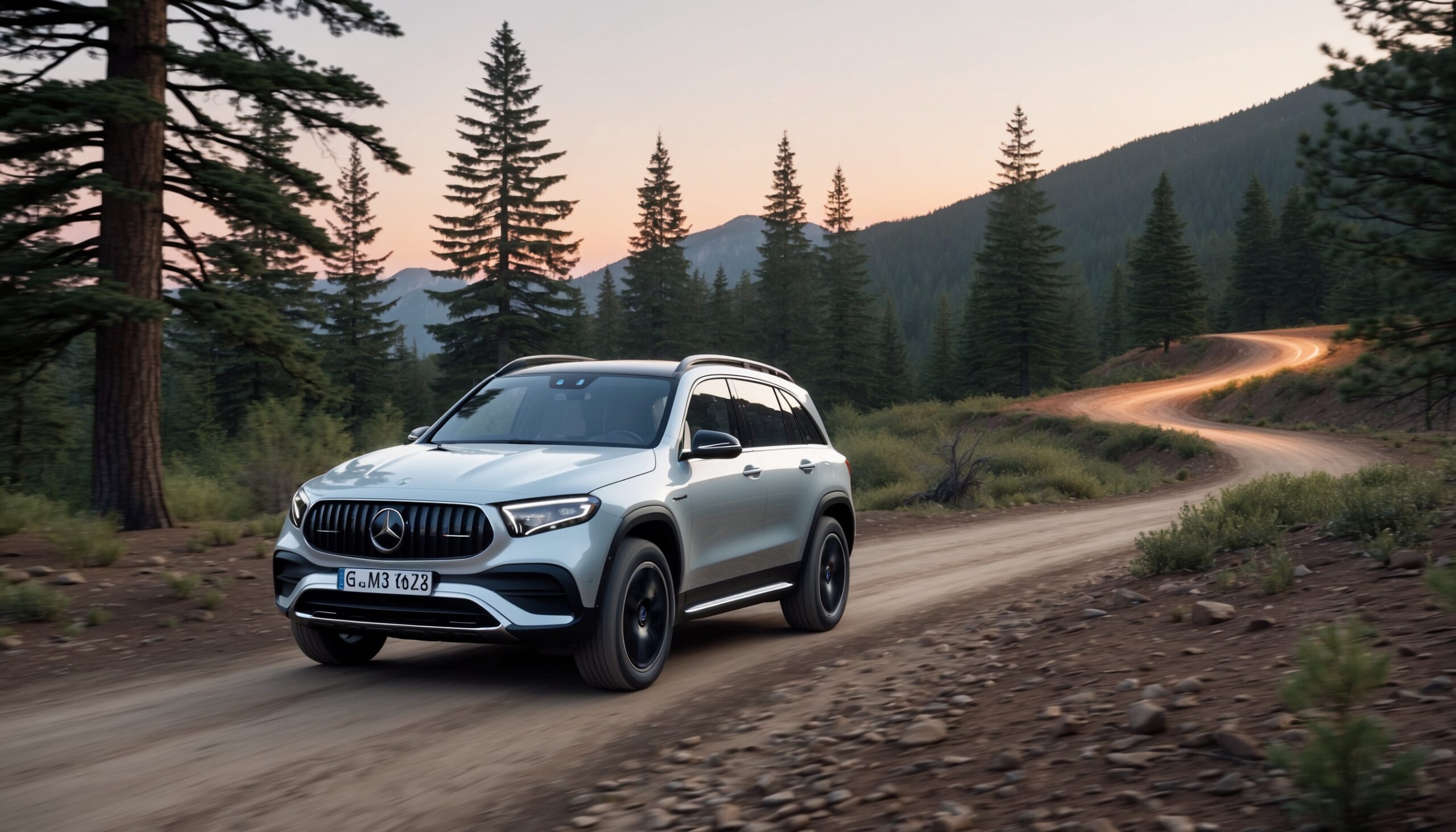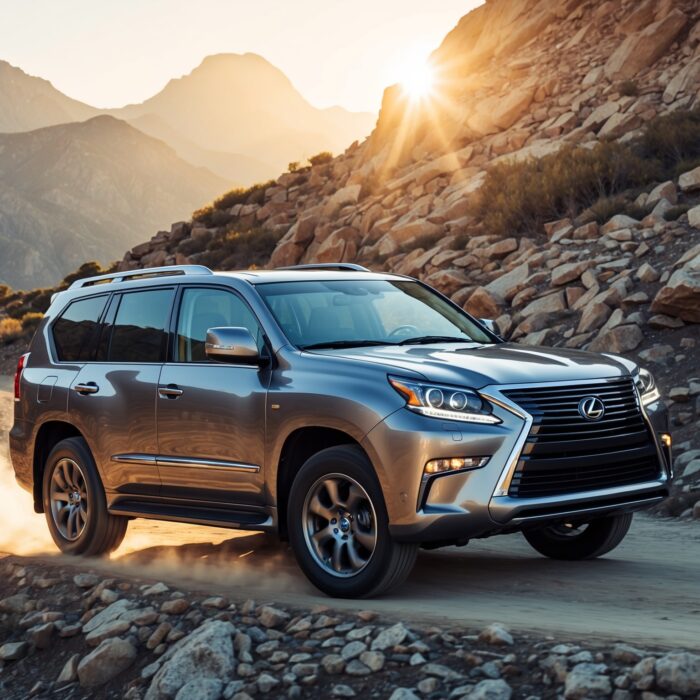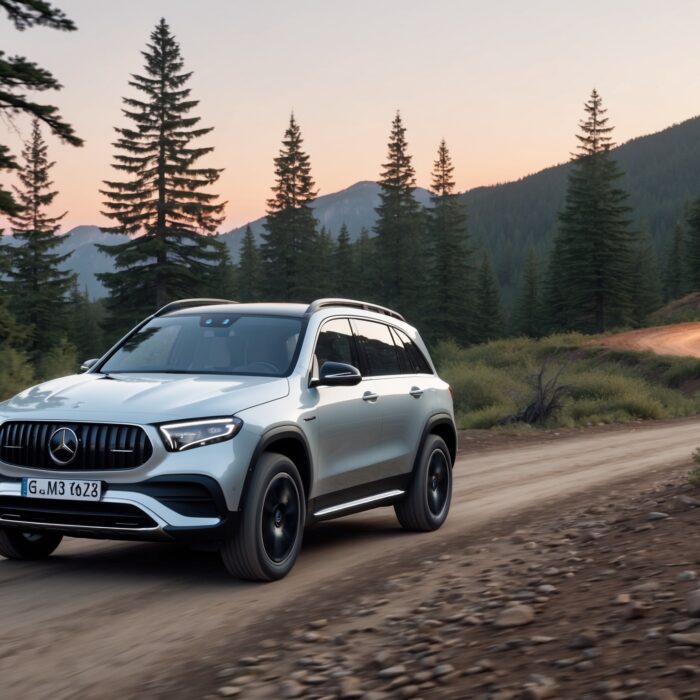Insider Tips to Get the Best Deal on Your Next Car
Buying a car can be one of the most thrilling yet daunting experiences for enthusiasts and casual buyers alike. Whether you’re eyeing a shiny new model or a reliable used car, the process can be overwhelming. But fear not! Here at Torque Feed, we’re here to arm you with insider tips that will help you snag the best deal on your next vehicle. So buckle up, and let’s dive into the world of car buying!
Do Your Homework: Research is Key
Before you even step foot in a dealership, it’s essential to do your homework. Knowledge is power, especially in the automotive market. Here’s how to equip yourself:
- Understand Your Needs: Determine what you truly need in a vehicle. Are you looking for fuel efficiency, space for a growing family, or performance for spirited drives? Knowing this will help narrow down your options.
- Online Research: Websites like Kelley Blue Book or Edmunds can help you understand fair market prices for various models. Compare prices, read reviews, and check for any recalls.
- Follow Trends: Keep an eye on automotive trends. Prices can fluctuate based on seasonality, new model releases, or economic factors. Knowing when to buy can save you a lot of cash.
Set Your Budget and Stick to It
It’s easy to get swept away by the excitement of shiny new cars, but setting a budget is crucial. Here’s how to keep your finances in check:
- Determine Total Costs: Your budget should include not just the purchase price, but also taxes, registration, insurance, and maintenance costs.
- Financing Options: Explore your financing options ahead of time. Get pre-approved for a loan to understand what you can afford and to strengthen your negotiating position.
- Be Realistic: While it’s great to dream of that luxury sports car, make sure it fits within your financial limitations. There are plenty of fantastic vehicles in every price range.
Know Your Trade-in Value
If you plan to trade in your current vehicle, knowing its worth can give you a significant advantage at the negotiating table. Here’s how to ensure you get a fair value:
- Research Your Trade-in: Use online valuation tools to get an estimate of your car’s trade-in value. Make sure to factor in its condition, mileage, and any upgrades or recent repairs.
- Clean and Prepare: Present your trade-in in the best light possible. Clean the interior and exterior, and consider making minor repairs to maximize its appeal.
- Be Ready to Negotiate: Don’t take the first offer on your trade-in. Use your research to negotiate a better price.
Timing Can Make a Difference
Believe it or not, the timing of your purchase can significantly affect the deal you get. Here are some insider tips on when to buy:
- End of the Month: Salespeople often have monthly quotas to meet, and they may be more willing to negotiate as the month draws to a close.
- Model Year-End Sales: When dealerships clear out inventory to make room for new models, you can often find fantastic deals on older models.
- Seasonal Purchases: Buying during the winter months can sometimes yield better deals, as demand tends to decrease during colder seasons.
Test Drive Like a Pro
Once you’ve narrowed down your options, it’s time to hit the test drives. But don’t just hop in and go for a short spin—really take the time to assess the vehicle:
- Take Your Time: Don’t rush your test drive. Spend at least 30 minutes in the car and take it on different types of roads—highways, local streets, and even steep inclines if possible.
- Check Comfort and Features: Pay attention to how the vehicle feels. Are the seats comfortable? Can you easily reach controls? Make sure all features work as expected.
- Bring a Friend: Sometimes, a second opinion can be invaluable. Bring along a fellow car enthusiast or a trusted friend to help you evaluate the vehicle.
Negotiation: The Art of the Deal
Now we’re getting to the heart of the matter: negotiation. This is where you can really save some money. Here’s how to approach it:
- Start Low: Begin negotiations below your target price. This gives you room to negotiate upwards while still staying within your budget.
- Stay Calm: Keep your emotions in check. The more you can maintain a poker face, the better your chances of getting the deal you desire.
- Be Prepared to Walk Away: If the deal isn’t right, don’t hesitate to walk away. Sometimes, that’s the best tactic to get the dealer to reconsider and give you a better offer.
Understand the Fine Print
Before sealing the deal, it’s essential to understand all the paperwork involved. Here are some key areas to focus on:
- Read Everything: Don’t skim through the paperwork. Read every line of the contract, including warranty details and financing terms.
- Look for Hidden Fees: Be on the lookout for any additional fees that may be tacked on. Ask for clarification if anything seems unclear.
- Know Your Rights: Familiarize yourself with consumer protection laws in your state. This knowledge can be a powerful tool in case any issues arise after the purchase.
Consider Certified Pre-Owned Vehicles
If you’re not set on buying new, consider a certified pre-owned (CPO) vehicle. These cars offer many benefits:
- Quality Assurance: CPO vehicles typically undergo rigorous inspections and come with extended warranties, giving you peace of mind.
- Cost Savings: You can often find CPO models that are just a year or two old, which means you can enjoy a nearly new car at a significant discount.
- Less Depreciation: New cars lose value quickly. A CPO vehicle has already undergone that initial depreciation, so your investment is more stable.
Explore Financing Options
Understanding your financing options can save you a lot of money in the long run. Here’s what to keep in mind:
- Dealership Financing: Sometimes dealerships offer competitive financing rates, especially for new cars. However, always compare these rates with those from banks or credit unions.
- Loan Terms: Understand the terms of your loan. A longer term may mean lower monthly payments but can cost you more in interest over time.
- Don’t Overlook Credit Unions: If you belong to a credit union, check their rates first. They often offer better terms than traditional banks or dealerships.
Be Wary of Add-Ons
Salespeople often pitch add-ons that can significantly increase your final price. Be mindful of these:
- Extended Warranties: While they can provide peace of mind, make sure you truly need one—especially if the vehicle is still under the manufacturer’s warranty.
- GAP Insurance: This can be a smart investment if you owe more on your car than it’s worth, but evaluate whether it’s necessary for your situation.
- Paint Protection and Other Services: Many dealers offer services that can often be done elsewhere for less. Research alternatives before agreeing to these add-ons.
Follow Up After the Purchase
Just because you’ve driven off the lot doesn’t mean your job is done. Here’s what to do after you buy:
- Keep All Documentation: Store all paperwork, including the purchase agreement and any service records, in a safe place.
- Schedule Regular Maintenance: To keep your vehicle running smoothly and maintain its value, follow the manufacturer’s recommended maintenance schedule.
- Stay Informed: Join online forums or communities related to your vehicle. Engaging with fellow enthusiasts can provide valuable insights and tips for ownership.
Final Thoughts
Buying a car doesn’t have to be a stressful experience. By following these insider tips from Torque Feed, you can approach the process with confidence and knowledge. Remember, preparation is key, and negotiating is an art. With the right approach, you’ll drive away in the vehicle of your dreams—at a price that makes you smile!
Happy car shopping, and may your next ride be all that you hoped for and more!












